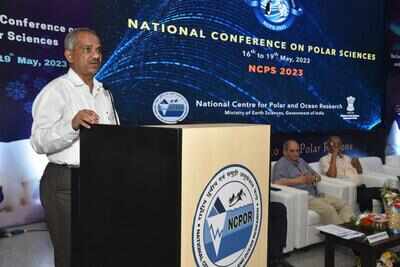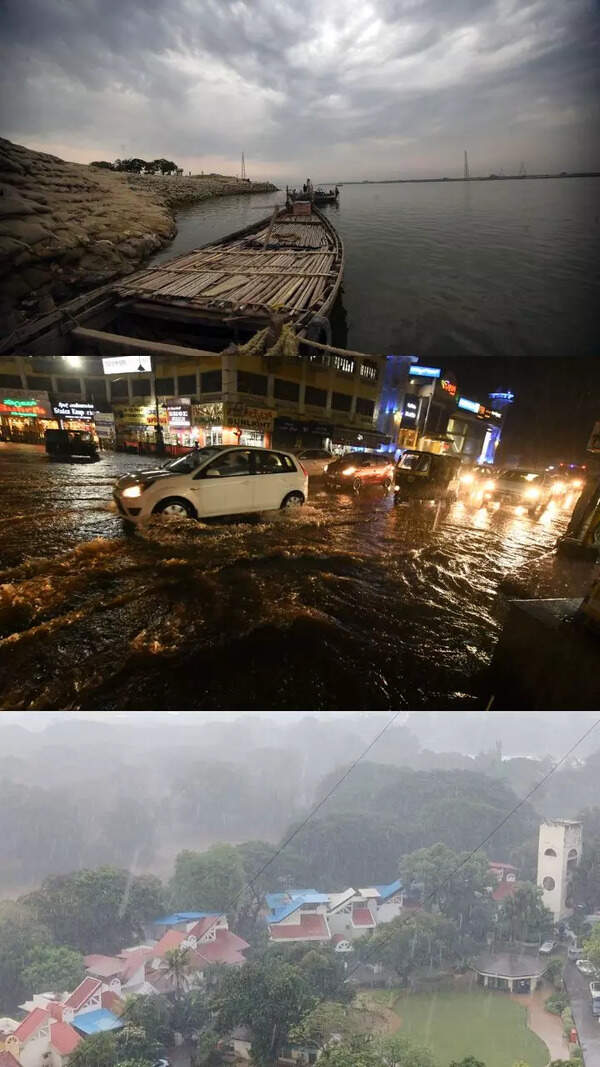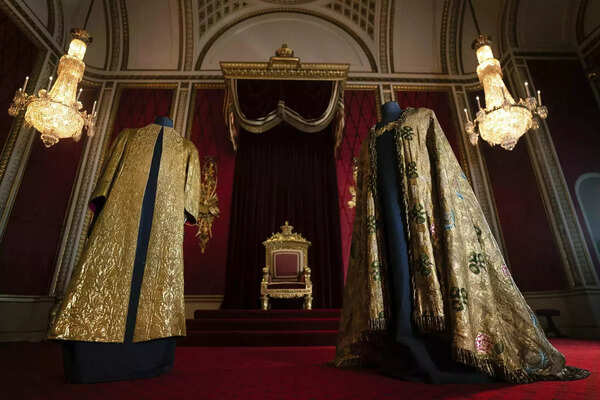Trending Topics
‘Ice caps melting, uncovered resources may spur conflicts’

dvvvvvvvvvvvvvvvvvvvvvvvv
Panaji: With the polar ice caps rapidly melting, future conflicts could revolve around natural and mineral resources that will be uncovered, said scientists and researchers at the four-day national conference on polar sciences and the Himalayan region.
National Centre for Polar and Ocean Research (NCPOR) is organising the conference in which the mounting evidence of significant warming in the Arctic and Antarctica regions was presented.
“The polar regions in the Arctic are heating up four times faster than the global average,” said M Ravichandran, the secretary, the Union ministry of earth sciences. “Even in Antarctica, it is -11 degrees celsius, which is 40 degrees higher than normal.”
Ravichandran was speaking at NCPOR’s conference in which he stressed the need for scientists to understand the global warming process so that mitigation measures can be put in place and future policies can be framed. “Climate change is happening everywhere. That is why we are trying to understand why it is warming,” said Ravichandran, the former director of NCPOR. “We are looking at it from the science point of view and geopolitics.”
Scientists and polar researchers once again reiterated that global warming and climate change are no myths and that the earth is at a critical juncture. Scientists who have participated in polar expeditions and who are studying the Himalayan region presented their scientific findings and peer-reviewed research.
Given the important role played by the sea ice that covers the Arctic Ocean, the conference includes a workshop for polar researchers to understand sea ice better.
“Maybe in 2040, the Arctic will have no summer sea ice and a lot of sea routes will change. There will be plenty of mineral resources and living resources that will be available and there may be be fights to harness these,” said Ravichandran.
Sea ice extent is the area of ice that covers the Arctic Ocean at a given time. It plays an important role in reflecting sunlight back into space, regulating ocean and air temperature, circulating ocean water, and maintaining animal habitats.
National Centre for Polar and Ocean Research (NCPOR) is organising the conference in which the mounting evidence of significant warming in the Arctic and Antarctica regions was presented.
“The polar regions in the Arctic are heating up four times faster than the global average,” said M Ravichandran, the secretary, the Union ministry of earth sciences. “Even in Antarctica, it is -11 degrees celsius, which is 40 degrees higher than normal.”
Ravichandran was speaking at NCPOR’s conference in which he stressed the need for scientists to understand the global warming process so that mitigation measures can be put in place and future policies can be framed. “Climate change is happening everywhere. That is why we are trying to understand why it is warming,” said Ravichandran, the former director of NCPOR. “We are looking at it from the science point of view and geopolitics.”
Scientists and polar researchers once again reiterated that global warming and climate change are no myths and that the earth is at a critical juncture. Scientists who have participated in polar expeditions and who are studying the Himalayan region presented their scientific findings and peer-reviewed research.
Given the important role played by the sea ice that covers the Arctic Ocean, the conference includes a workshop for polar researchers to understand sea ice better.
“Maybe in 2040, the Arctic will have no summer sea ice and a lot of sea routes will change. There will be plenty of mineral resources and living resources that will be available and there may be be fights to harness these,” said Ravichandran.
Sea ice extent is the area of ice that covers the Arctic Ocean at a given time. It plays an important role in reflecting sunlight back into space, regulating ocean and air temperature, circulating ocean water, and maintaining animal habitats.
Start a Conversation
FOLLOW US ON SOCIAL MEDIA
FacebookTwitterInstagramKOO APPYOUTUBE










